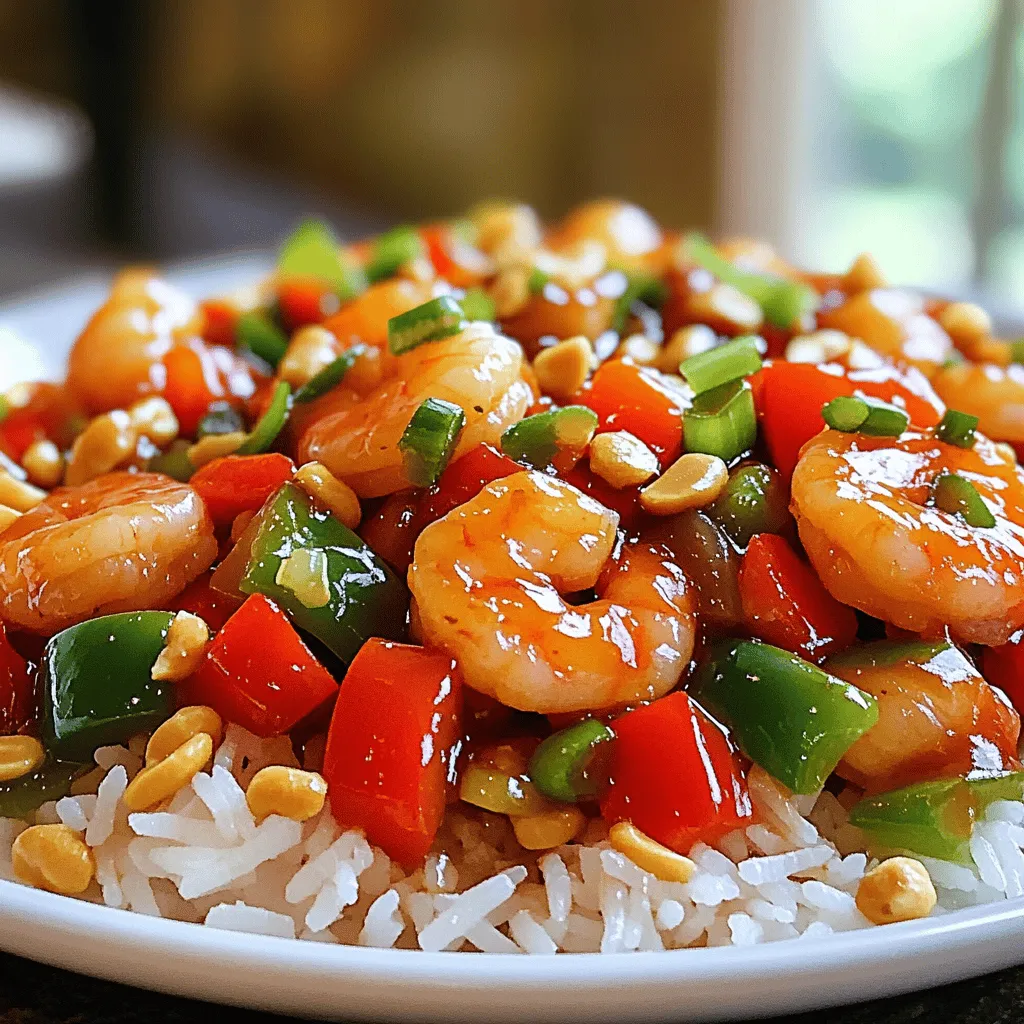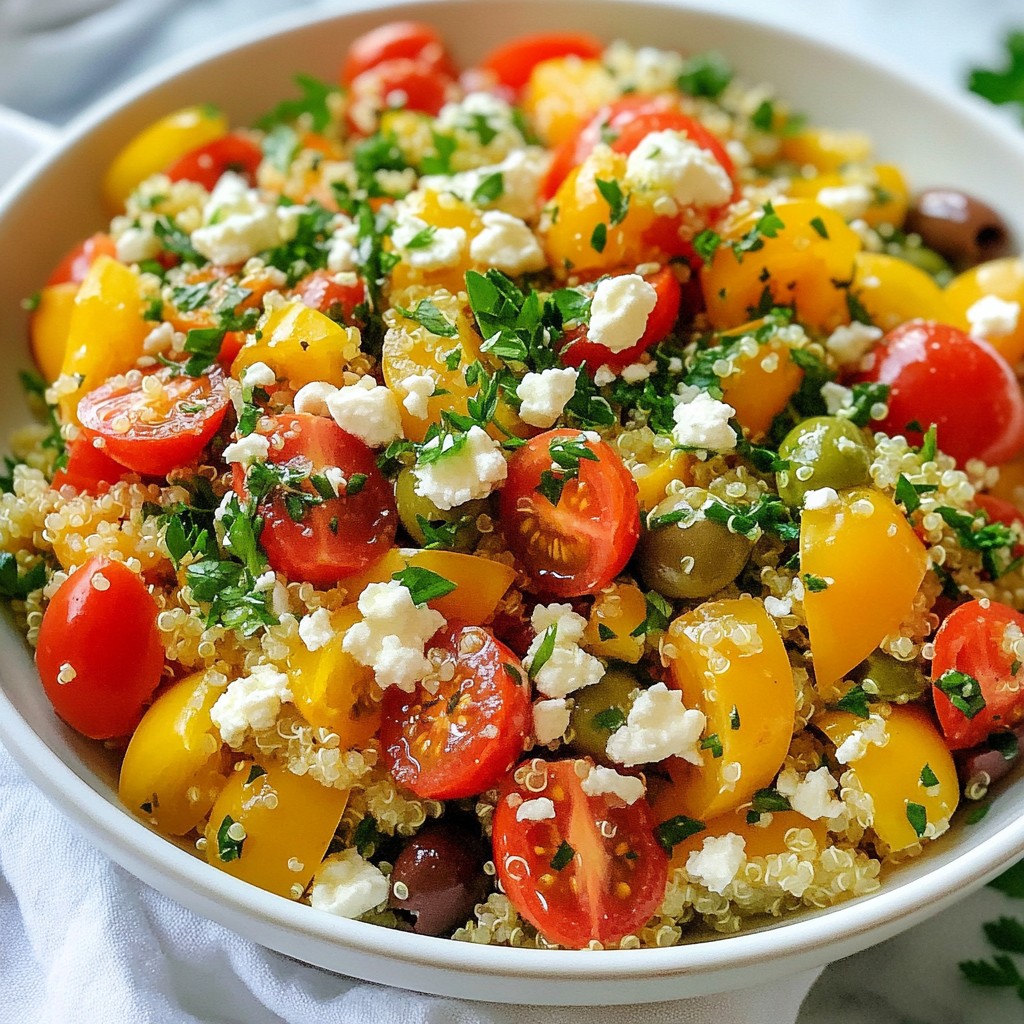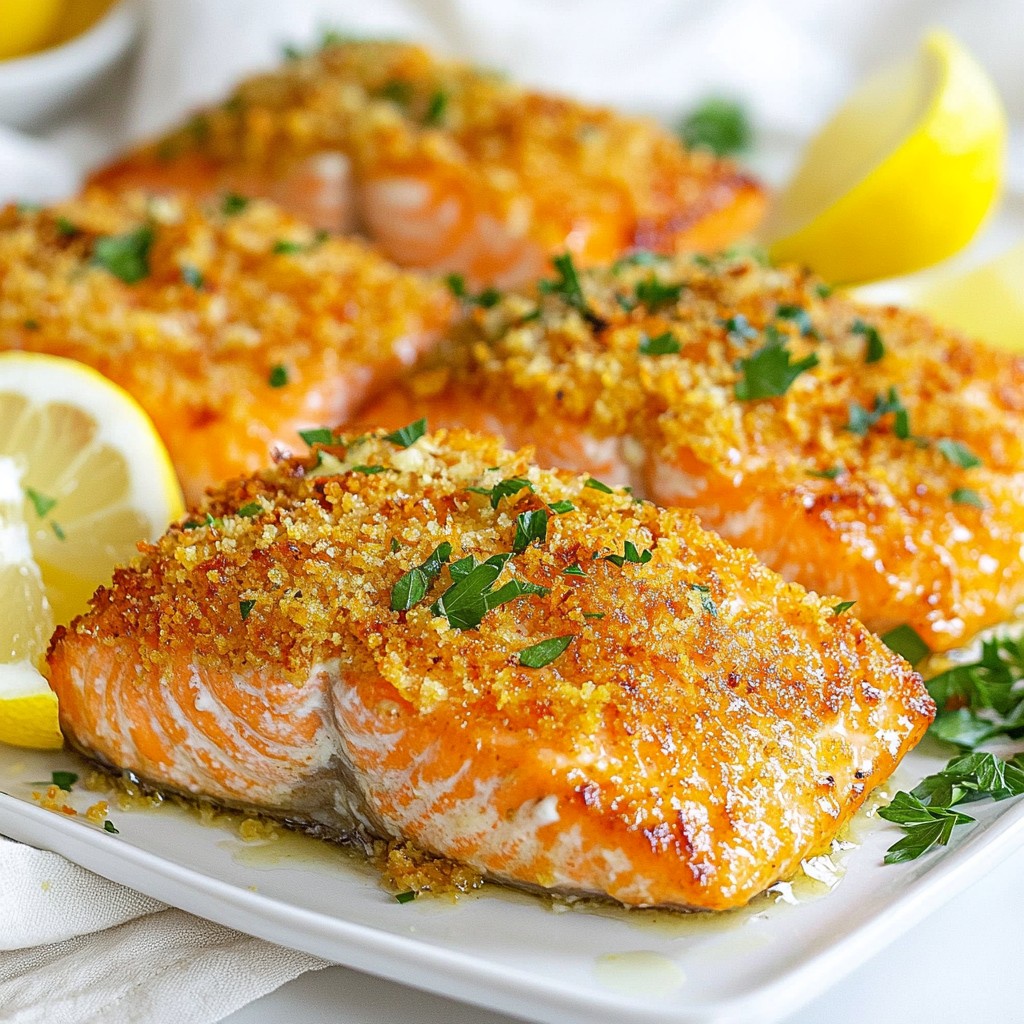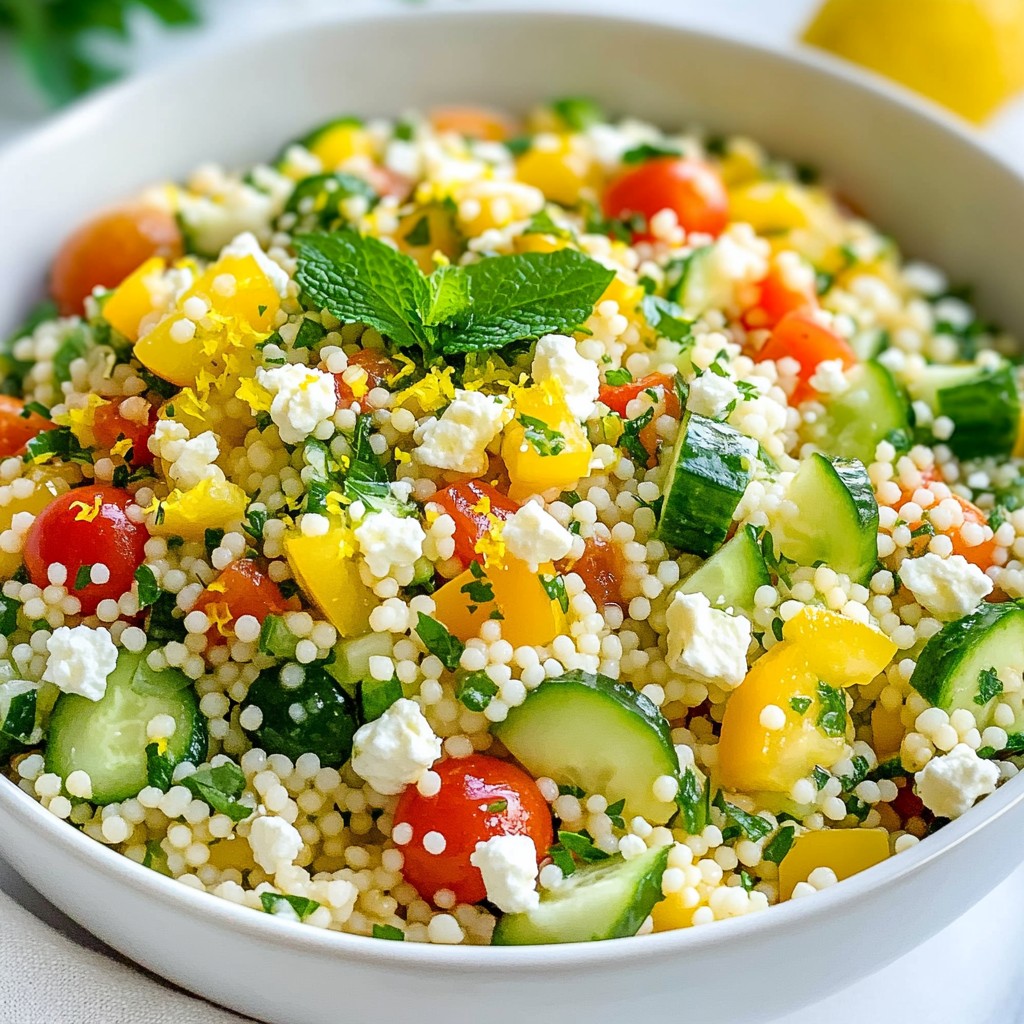If you’re craving a dish that combines bold flavors and fresh ingredients, look no further! My Spicy Kung Pao Shrimp packs a punch with succulent shrimp, crunchy veggies, and savory spices. This easy recipe balances heat and taste, making it perfect for any dinner table. Join me on this flavorful journey and learn to whip up a dish that will impress your family and friends! Let’s dive into the delicious details!
Ingredients
List of Ingredients
– 1 lb large shrimp, peeled and deveined
– 1/2 cup roasted unsalted peanuts
– 1 red bell pepper, diced
– 1 green bell pepper, diced
– 2-3 green onions, sliced
– 3 cloves garlic, minced
– 1 tablespoon fresh ginger, minced
– 4 tablespoons soy sauce
– 2 tablespoons hoisin sauce
– 1 tablespoon rice vinegar
– 1 tablespoon cornstarch
– 2 tablespoons vegetable oil
– 1 teaspoon crushed red pepper flakes
– Salt and pepper to taste
Ingredient Substitutions
You can swap out shrimp for chicken or tofu. This makes it a great dish for all diets. Use other veggies like broccoli or snap peas if you like. For a vegan option, replace shrimp with tofu. You can also use tamari instead of soy sauce for a gluten-free version. These simple swaps let you enjoy this dish in many ways.
Step-by-Step Instructions
Marinating the Shrimp
First, you need to marinate the shrimp. Mix 1 pound of shrimp with 2 tablespoons of soy sauce, 1 tablespoon of cornstarch, and a pinch of salt and pepper. Let this sit for 15 minutes. The cornstarch helps create a nice texture and keeps the shrimp moist.
Preparing the Sauce
Next, prepare the sauce. In a bowl, combine 3 tablespoons of soy sauce, 2 tablespoons of hoisin sauce, 1 tablespoon of rice vinegar, and 1 teaspoon of crushed red pepper flakes. Adjust the red pepper flakes based on your spice level. If you want it spicy, add more!
Cooking Shrimp and Vegetables
Now it’s time to cook. Heat 1 tablespoon of vegetable oil in a large skillet over medium-high heat. Add the marinated shrimp and stir-fry for 2-3 minutes until they turn pink and opaque. Remove the shrimp and set them aside. In the same skillet, add another tablespoon of oil. Add minced garlic, ginger, and the diced bell peppers. Stir-fry for 3-4 minutes. This keeps the veggies crunchy and colorful.
Combining and Serving
Finally, combine everything. Return the cooked shrimp to the skillet. Pour in the sauce and mix gently for another 1-2 minutes. Stir in 1/2 cup of roasted peanuts. Adjust salt, pepper, or red pepper flakes to taste. Serve hot over jasmine rice and garnish with green onions for a beautiful touch. Enjoy your meal!
Tips & Tricks
Ensuring Perfectly Cooked Shrimp
To get the best shrimp, focus on timing and heat. Cook shrimp over medium-high heat for just 2-3 minutes. They should turn pink and opaque. If you leave them too long, they can turn rubbery. Always check that they are fully cooked but not overdone.
Flavor Enhancements
You can boost the flavor with extra spices. Consider adding sesame oil for a nutty taste. A splash of chili oil can also increase the heat. Pair the dish with steamed jasmine rice for a perfect balance. The rice soaks up the sauce and adds great texture.
Common Mistakes to Avoid
One big mistake is overcooking the shrimp. Remember, they cook fast. Take them out once they turn pink. Another mistake is not balancing the flavors. Taste the sauce before adding it to the shrimp. Adjust it with more soy sauce or vinegar if needed. This will keep your dish delicious and well-rounded.

Variations
Different Proteins
You can swap shrimp for chicken or tofu. Chicken gives a hearty taste. Tofu makes a great vegan choice. Just marinate it like shrimp. This keeps the flavor strong.
Customizations for Dietary Preferences
If you need gluten-free options, use tamari instead of soy sauce. It tastes just as good. For low-carb diets, skip the sugar and use more veggies. Cauliflower rice makes a good base too.
Regional Adaptations
Many regions have their own spin on Kung Pao. In some places, they add different nuts like cashews. Others might use different types of pepper for heat. This keeps the dish fresh and exciting. You can try various adaptations to find your favorite.
Storage Info
How to Store Leftovers
To keep your Kung Pao shrimp fresh, use airtight containers. Glass containers work great. They let you see what’s inside and do not retain odors. Plastic containers are fine too, but make sure they seal tightly. Label your containers with the date. This way, you can track how long they’ve been stored.
Reheating Recommendations
When reheating, avoid microwaving for too long. Microwaves can make shrimp tough. Instead, use a skillet over low heat. Add a splash of water or broth to keep moisture. Stir gently until heated through. This method helps keep the shrimp juicy and the veggies crunchy.
Freezing Tips
To freeze, first cool the dish to room temperature. Then, use freezer-safe containers or bags. Remove as much air as possible to prevent freezer burn. Kung Pao shrimp can last up to three months in the freezer. When ready to eat, thaw it in the fridge overnight before reheating.
FAQs
What is the origin of Kung Pao Shrimp?
Kung Pao shrimp comes from China. It has roots in Sichuan cuisine. The dish is named after Ding Baozhen, a governor. He liked the dish so much it got his title, Kung Pao. It uses spicy flavors and peanuts. The mix of ingredients makes it both tasty and crunchy.
Can I make Kung Pao Shrimp ahead of time?
Yes, you can prep Kung Pao shrimp in advance. For best results, marinate the shrimp first. Store it in the fridge for up to 24 hours. You can also chop the veggies ahead. Just keep them in an airtight container. Cook it fresh when ready for the best taste.
Is Kung Pao Shrimp spicy?
Kung Pao shrimp can be spicy, but you control the heat. The crushed red pepper flakes add the kick. If you want it milder, use less or skip them. You can also add more sugar or soy sauce to balance the heat. Adjust it to fit your taste.
What can I serve with Spicy Kung Pao Shrimp?
Spicy Kung Pao shrimp pairs well with rice. Steamed jasmine rice is a classic choice. You can also serve it with fried rice for extra flavor. A light salad can balance the dish too. For drinks, try iced tea or a light beer.
This blog covered how to make Kung Pao Shrimp from start to finish. We discussed choosing fresh ingredients, marinating shrimp, and cooking techniques for the best flavor. I shared tips to avoid common mistakes and variations for different diets. Remember, you can customize this dish easily! Enjoy your delicious Kung Pao Shrimp, serve it with rice, and impress your friends. With the right techniques, you’ll make a meal that stands out.




